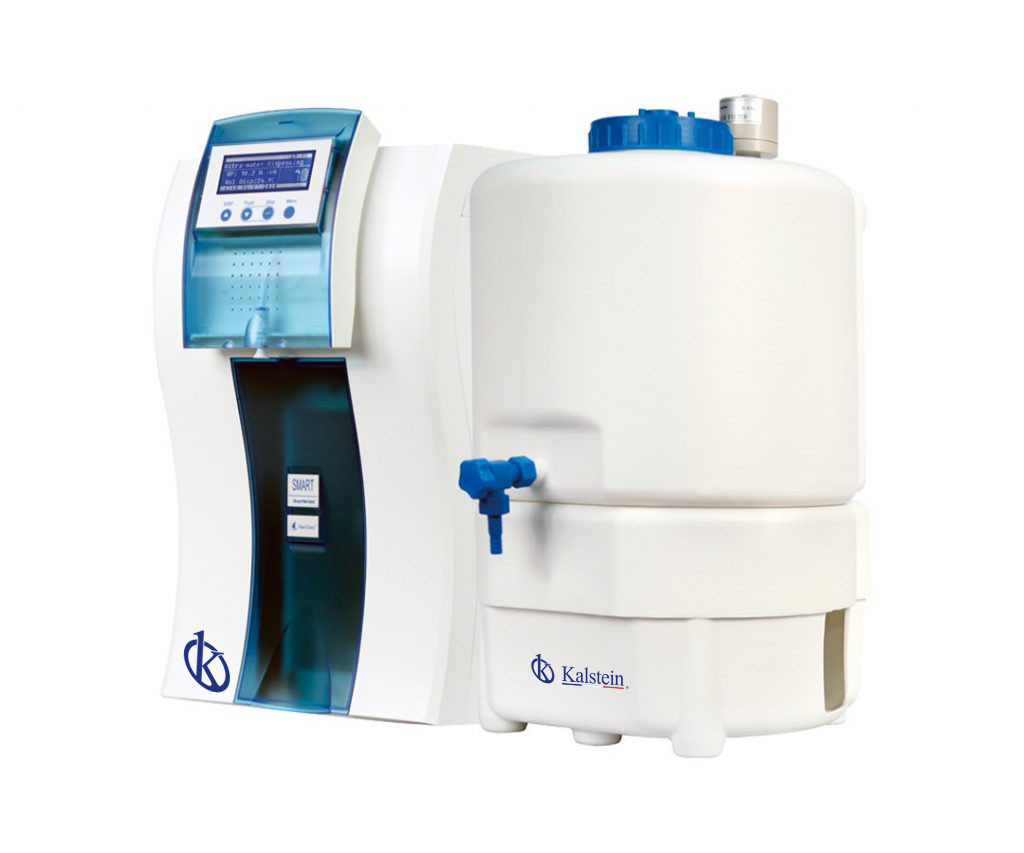Water purification is one of the essential foundations of scientific research; without purified water, many common and advanced experiments cannot be performed effectively; in this article we will learn how to properly purify water for scientific experiments, and how it can be useful for your research purposes.
Purified water is an important step in many scientific techniques, as well as in wildlife or drinking water studies, especially with contaminated food, organic and mineral contaminants can significantly affect the accuracy of the results.
Methods to be carried out for proper water purification in laboratories
Proper disinfection and chemical treatment ensure that water is free of undesirable microorganisms and nutrient species; scientists typically use three main methods to purify water: chemical processing, ultrafiltration, and distillation.
Each method purifies water in a different way; chemical processing attracts large particles by electrolysis and reduces them to smaller particles by grinding; ultrafiltration processing removes impurities from water by filtering and slowing the flow of smaller water molecules.
Basic distillation relies on evaporation and condensation of the material to separate the pure water
Once the water is ready to use, the scientist will determine which use is most appropriate; it is important to consider the ability to resist dissolving, hydration and absorption of chemicals, as well as their ability to associate with large molecules.
In addition, specific temperature resistance or other conditions may be essential for the function; when it comes to scientific experiments, the use of purified water is important to ensure the accuracy of the results; proper processing ensures that the findings are not affected by impurities and contaminants that may alter the results.
Knowledge of proper purification methods, as well as their application, is an essential skill for the average scientist
In addition to initial processing, scientists must establish criteria for storage and recycling of purified water; proper storage will help keep the water clean for future uses.
Recycling is also an important topic of discussion as too much water is generally used, which can result in a large amount of waste; recycling solutions include recirculation or the use of advanced water purifiers.
Using a quality water purifier for scientific experiments will also help save water, reduce waste and improve efficiency
These purifiers use physical, chemical and microbiological methods to remove common contaminants, such as arsenic and nitrates, as well as toxins produced by bacteria and algae.
In conclusion, purified water is a key element in scientific laboratories, scientists should familiarize themselves with the purification methods and applications that are applied to ensure that water is ready for use.
Establishing criteria for the storage and use of water purifiers is also an important step to ensure that experiments are carried out efficiently and accurately.
At Kalstein as a MANUFACTURER, specialists will be able to acquire the best water purification system for their laboratory experiments
To obtain sophisticated and top quality equipment in relation to water systems just press the following link HERE
In Kalstein you will be able to get a great variety and thus obtain the best quality in the pharmaceutical industry. You can visit our website HERE and enjoy great offers, also only we as MANUFACTURERS can guarantee your effective purchase.

